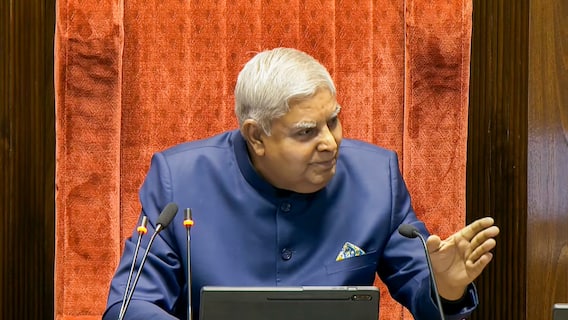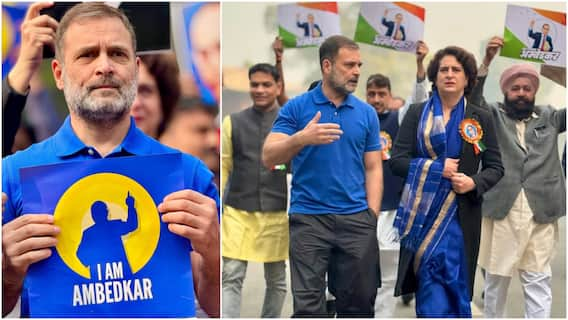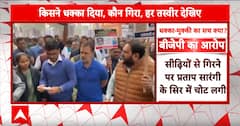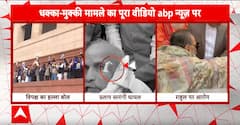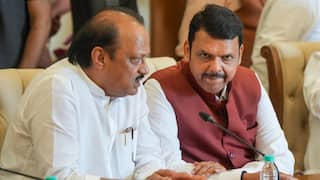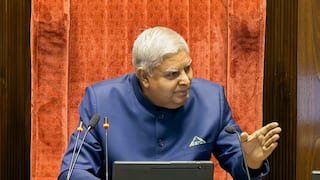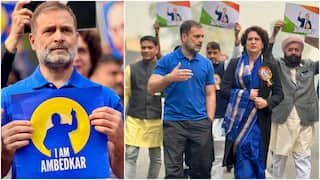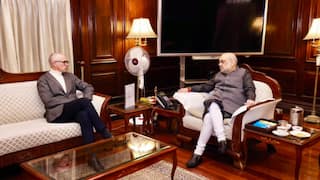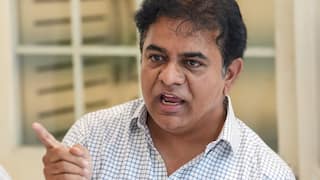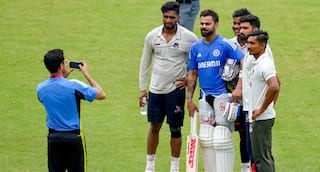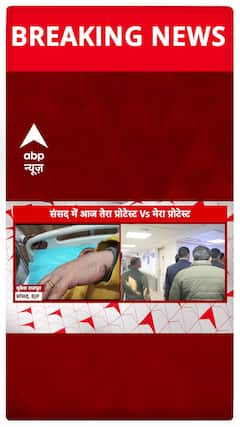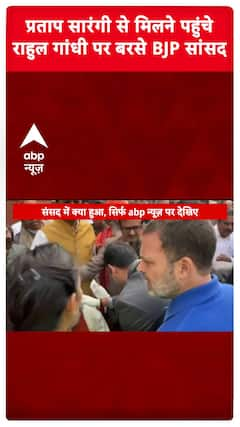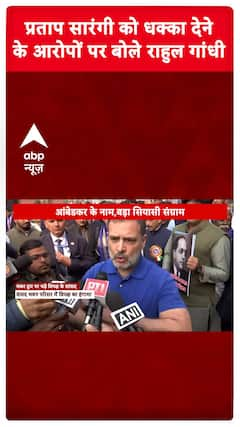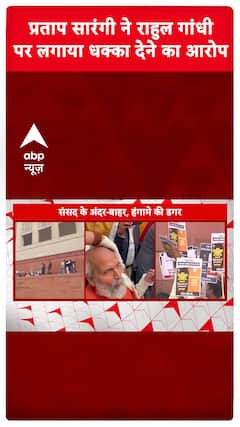India Needs To Invest $840 Billion Over Next 15 Years To Meet Urban Infra Demand: World Bank
By 2036, 60 crore people will be living in urban cities in India, representing 40 per cent of its population, according to World Bank report

India will need to invest $840 billion over the next 15 years — or an average of $55 billion per annum — into urban infrastructure if it is to effectively meet the needs of its fast-growing urban population.
A new report by the World Bank, titled “Financing India’s Urban Infrastructure Needs: Constraints to Commercial Financing and Prospects for Policy Action” underlines the urgent need to leverage more private and commercial investments to meet emerging financial gaps.
According to the report, by 2036, 60 crore people will be living in urban cities in India, representing 40 per cent of its population. This is likely to put additional pressure on the already stretched urban infrastructure and services of the cities, with more demand for clean drinking water, reliable power supply, efficient and safe road transport amongst others.
Currently, the central and state governments finance over 75 per cent of city infrastructure, while urban local bodies (ULB) finance 15 per cent through their own surplus revenues. Only 5 per cent of the infrastructure needs of cities are currently being financed through private sources.
With government’s current (2018) annual urban infrastructure investments topping at $16 billion, much of the gap will require private financing.
Auguste Tano Kouamé, country director, World Bank, India, said, “Cities in India need large amounts of financing to promote green, smart, inclusive, and sustainable urbanisation. Creating a conducive environment for ULBs, especially large and creditworthy ones, to borrow more from private sources will therefore be critical to ensuring that cities are able to improve living standards of their growing populations in a sustainable manner.”
The new report recommends expanding the capacities of city agencies to deliver infrastructure projects at scale.
Currently, the 10 largest ULBs were able to spend only two-thirds of their total capital budget over three recent fiscal years. A weak regulatory environment and weak revenue collection also adds to the challenge of cities accessing more private financing.
Between 2011 and 2018, urban property tax stood at 0.15 per cent of GDP compared to an average of 0.3-0.6 per cent of GDP for low- and middle-income countries. Low service charges for municipal services also undermines their financial viability and attractiveness to private investment.
Over the medium term, the report suggests a series of structural reforms including those in the taxation policy and fiscal transfer system, which can allow cities to leverage more private financing. In the short term, it identifies a set of large high-potential cities that have the ability to raise higher volumes of private financing.
Roland White, Global Lead, City Management and Finance, World Bank, and co-author of the report, said, “The Centre can play an important role in removing market frictions that cities face in accessing private financing. The World Bank report proposes a range of measures that can be taken by city, state, and federal agencies to bend the arc towards a future in which private commercial finance becomes a much bigger part of the solution to India’s urban investment challenge.”
Trending News
Top Headlines







